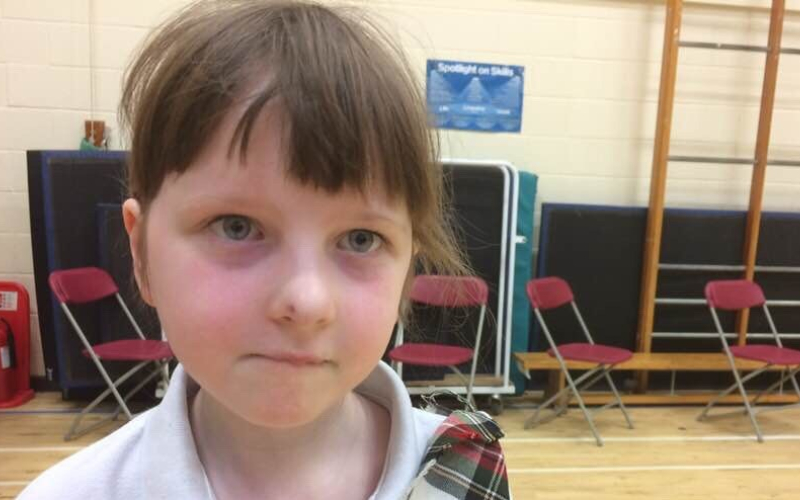Six years ago this week a letter was pushed through my letterbox. That letter determined my child’s educational future and one single word stood out: mainstream.
I wasn’t sure what to think if I am honest. I was worried, excited, nervous and a little surprised. I had registered my child, as was expected, at my local school the year before.
I knew she wasn’t ready for school and she was on the pathway to being diagnosed with autism so I applied for a years deferral.
That was granted but the nursery also put her name forward to what is known in my area as ‘the forum.’
This is where a group of ‘professionals’ from Head Teachers, Educational Psychologists, and various managers meet to discuss each child whose name has been put forward to match school placements with the needs of the children.
Every year, without fail, more names are put forward than places available and the first batch taken are those whose needs appear to be manageable (on paper) within a mainstream setting.
There is a current thinking of ‘presume mainstream’ and ‘inclusion’ which has resulted in unprecedented amounts of children with additional support needs attending local mainstream schools.
I was left wondering if my daughter was a casualty of this latest movement or whether mainstream was, in fact, the right setting for her.
Failing any additional evidence to prove mainstream may not be right I was encouraged to put my reservations to one side and ‘give it a go.’
I hesitantly bought my daughter uniform and took her to transition days at the local school. That August she started mainstream and I hoped and prayed, for her sake, that it would work.
Tonight I am just home from her parents evening having now been at that mainstream for five years. She is not only surviving there, she is thriving there!
I just wanted to write this to prove that the inclusion of disabled children in mainstream can work and that my daughter is proof of this.
In the five years she has been there she has had further diagnosis including anxiety, an eating disorder, and, most recently, motor difficulties.
Her care needs are high and she has, at times, struggled, but she has been supported, encouraged and become more resistant as the years have gone on.
Every year I hear how not only is my daughter doing well in the class but how the class are adapting and looking out for her, everything from holding doors open for her because they know she hasn’t got the strength to open them, to taking turns going early for lunch with her because she can’t cope with a busy and noisy lunch hall.
Others ask to borrow her pencils as she prides herself on having a sharp pencil ready daily for every child in the class and one particular girl has become my daughter’s voice as Naomi has selective mutism and is unable to speak to the teacher.
She has, however, become confident speaking to one child and this girl then relays my daughter’s request to the teacher.
Inclusion has allowed my daughter to have friends who live near her and be included in the community she lives in.
Inclusion has allowed my daughter the exact same opportunities as her peers and created an attitude of ‘can do’ in her class and school.
Inclusion has given my daughter an acceptance within her own community. She’s wanted, loved and known.
Inclusion has benefitted her school as staff have become more confident dealing with a child with complex needs, had further training to increase their knowledge, and discovered new ways to adapt the curriculum for everyone.
Inclusion has benefited every child in my daughters class as they have learned that disability isn’t something to fear or mock but a real child who they can play and learn with.
It’s been beautiful to watch.
So to anyone finding out that their child with additional needs has a mainstream place: please don’t panic.
You will hear so many stories from people about how it hasn’t worked for them or how it’s just ‘cutbacks’ or ‘bad luck’ but what you don’t seem to hear are the thousands of stories of people, like my daughter, who are thriving in supportive and wonderful mainstream schools.
Here’s my daughter taking part in a class assembly last week. She loved it and I’m so glad that six years ago that letter had that simple word: mainstream.
